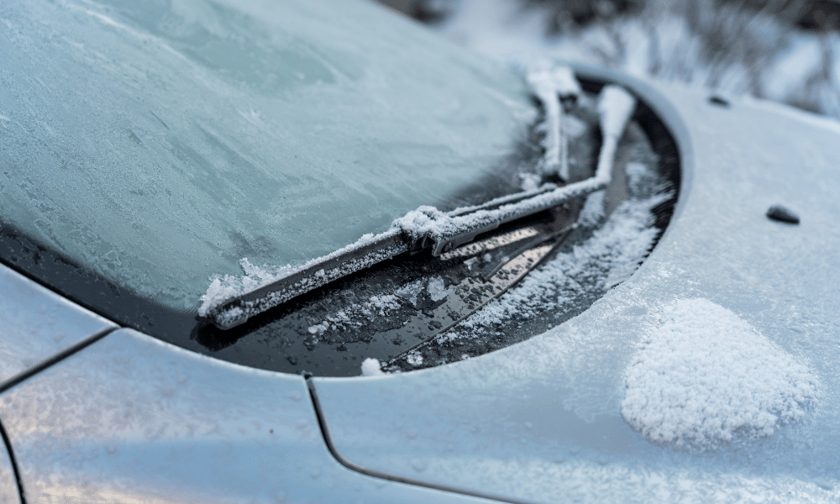

The Association of British Insurers (ABI) has issued safety advice to help consumers protect their homes and vehicles as cold weather grips the UK. Following an amber warning across the weekend, the ABI stressed the importance of taking precautions to avoid damage and disruption from extreme conditions.
Louise Clark, senior policy adviser for general insurance at the ABI, highlighted that while insurance can cover the financial costs of weather-related damage, it cannot alleviate the stress of dealing with the aftermath.
"Simple steps such as using draught excluders around doors or putting your thermostat on an anti-frost setting can help keep your home warm,” said Clark.
For motorists, the ABI recommended several safety steps. Drivers should ensure their vehicle is fully defrosted before setting off, but avoid using hot water to thaw the windscreen. Any snow on the vehicle should also be cleared, as it could present hazards to other road users. Vehicles should be maintained, including ensuring windscreen wipers are in good condition and switching to winter tyres if needed. Electric vehicle drivers are advised to keep their batteries charged and avoid sudden acceleration to conserve power. Emergency preparedness, such as keeping a mobile phone charger, blankets, and food in the car, is also essential.
Frozen and burst pipes remain a significant risk during winter. In 2023, insurers processed about 12,000 claims related to weather-induced pipe damage, with the average claim exceeding £17,000.
The ABI recommends insulating pipes and water tanks, particularly those in loft spaces, and ensuring heating systems are set to a minimum temperature to prevent freezing. For those who will be away, turning off the water at the stopcock or using a timer for the heating can reduce the risk. It is also advised to repair any dripping taps before they freeze.
If pipes do freeze, the ABI urges immediate action: turn off the water supply, thaw the pipes carefully, and avoid using tools that could cause further damage. If a pipe bursts, the stopcock should be turned off, and possessions should be moved to prevent water damage. Insurers typically offer 24-hour helplines for advice and assistance with repairs.
Homeowners should also check their insurance policies if they plan to leave their homes unoccupied for extended periods, as some policies may have restrictions.
What precautions have you taken to prepare for the cold weather? Share your thoughts in the comments.
